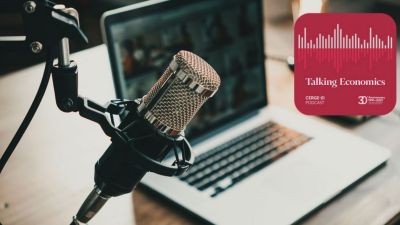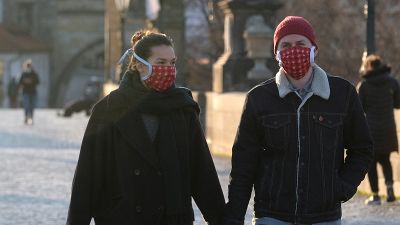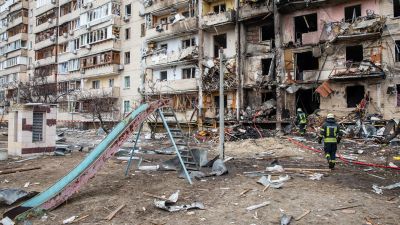Do humans cooperate with one another when facing extremely low survival chances? Do pre-existing social ties increase one's chances of survival in life-and-death situations? Social linkages in extreme circumstances are discussed with Štěpán Jurajda in this episode of Talking Economics, hosted by Katarína Stehlíková.
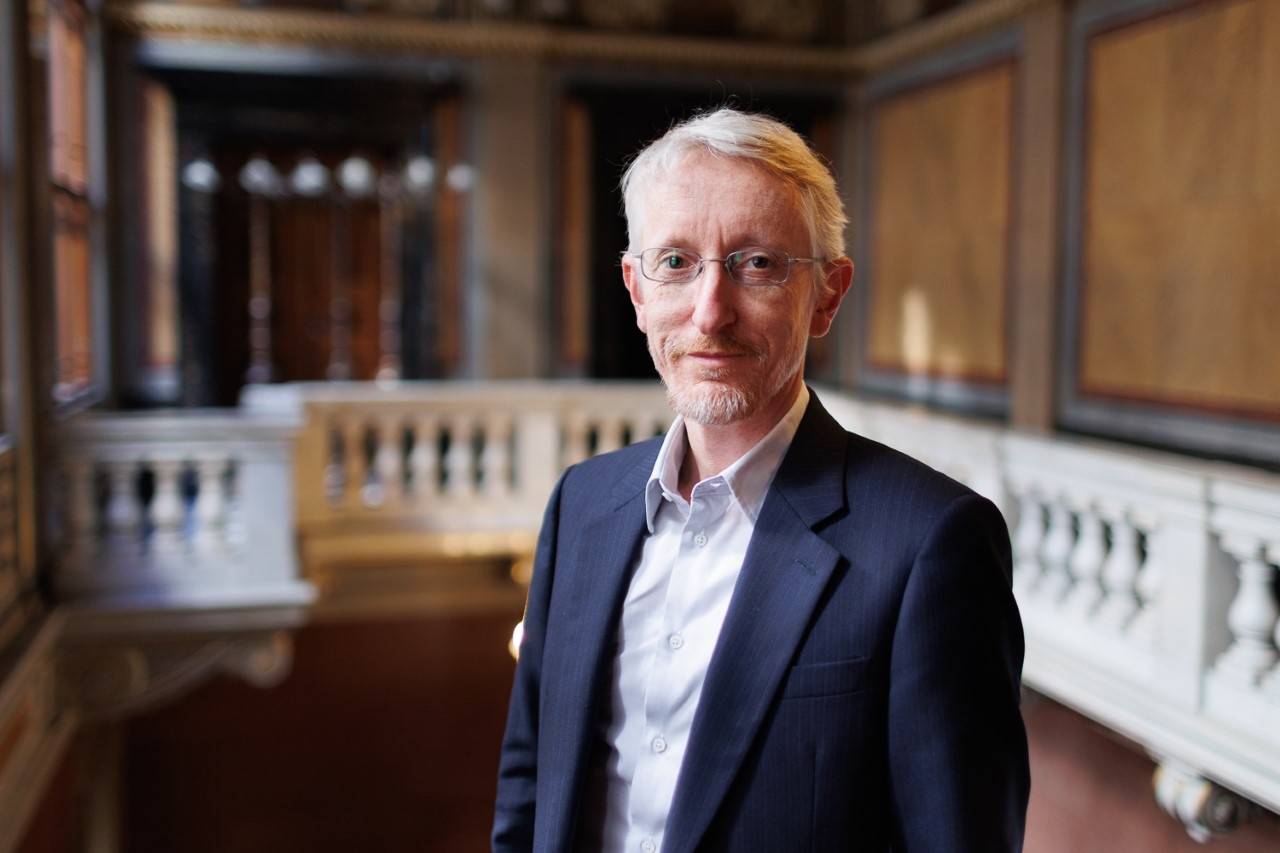
Mellon Endowment Professor with Tenure at CERGE-EI Štěpán Jurajda discusses the cost of isolation on survival chances in the Holocaust.
“Social linkages that existed prior to deportation, prior to WWII, as well as linkages and social ties that were formed during Nazi-camp imprisonment, both helped survival, and both for men and women,” says Štěpán. “Even in the most extreme harsh situations (…) it is helpful to remain open to forming social bonds and, friendships. This is something that is well known from the literature on health consequences of stress, but providing this evidence from the extreme environment of a Nazi concentration camp is novel, we believe.”
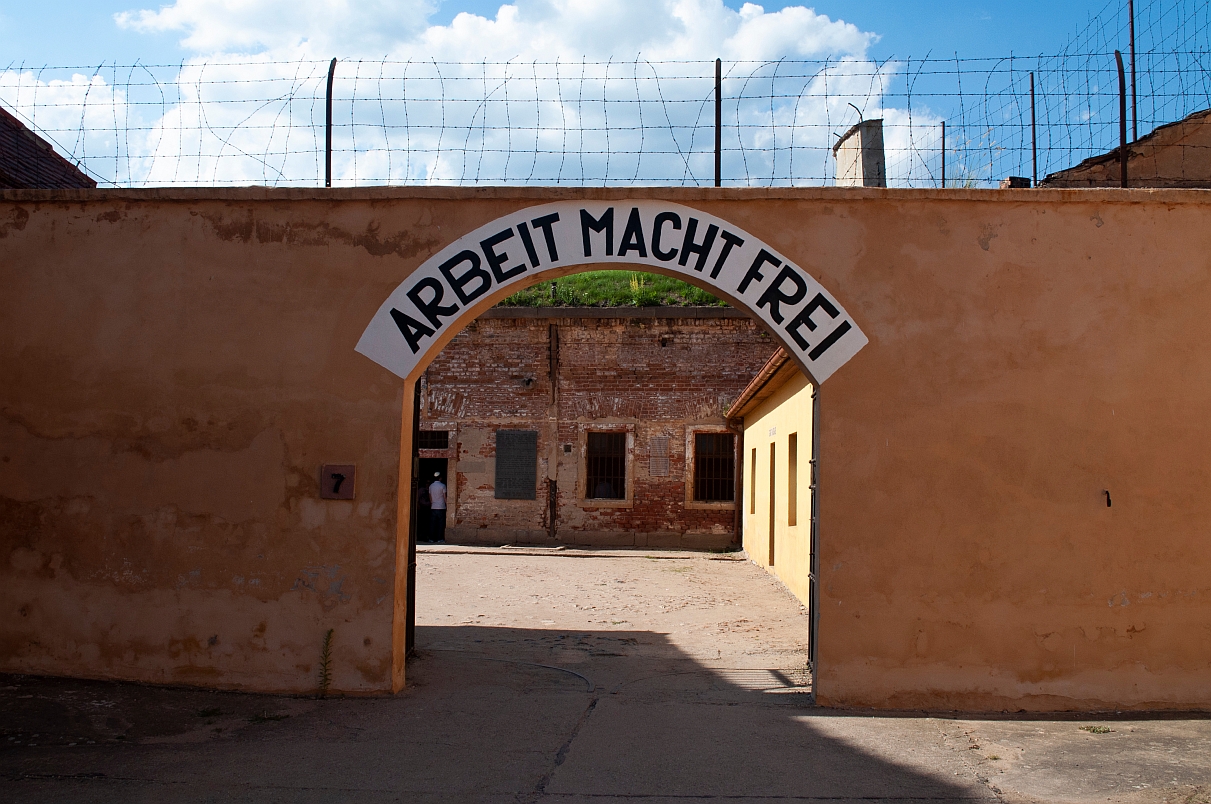

Terezin in the Czech Republic and the Auschwitz extermination camp (right).
Štěpán Jurajda is a Mellon Endowment Professor with Tenure at CERGE-EI, a Full Professor at CERGE, Charles University, and a Senior Researcher at the Economics Institute of the Czech Academy of Sciences. He also serves as Deputy Minister for Science, Research and Innovation of the Czech Republic. His paper Social Networks and Surviving the Holocaust brings new evidence for historical research.
